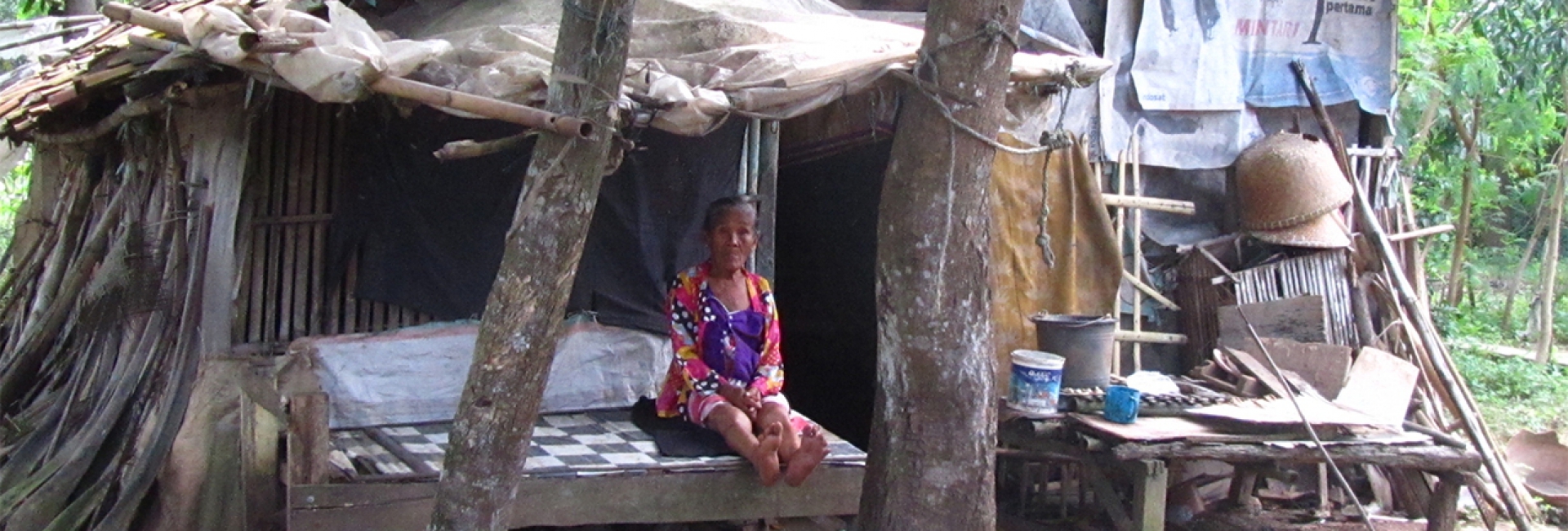Soon after raising the price of fuel on 22 June 2013, the Government of Indonesia launched several compensation programs, one of which was the 2013 Unconditional Cash Transfer (BLSM). To access this program, each target household received a social protection card (KPS) that could also be used to access the Subsidized Rice for Poor Households (Raskin) program and Cash Transfer Program for Poor Students (BSM). BLSM provided assistance in the amount of Rp150,000 per month for four months to 15.5 million poor and vulnerable households. The disbursements of the BLSM funds took place in June/July and September/October 2013 via PT Pos Indonesia. To investigate the use of KPS and the implementation of BLSM, The SMERU Research Institute carried out monitoring in ten kabupaten (districts)/kota (cities) located in the provinces of North Sumatra, Central Java, West Java, West Nusa Tenggara, and South Sulawesi. The monitoring results show that the accuracy of BLSM targeting was quite high as indicated by the low inclusion error. The exclusion error, on the other hand, was rather high, meaning that there is an indication of a fairly high rate of undercoverage. The program design made it possible for improvement in targeting accuracy through village/kelurahan (urban village) deliberation (musdes/muskel) that, in fact, faced many obstacles during implementation. . Whenever there was a returned KPS, the card was given to a new recipient by the village/kelurahan officials through direct appointment In general, the implementation of BLSM had gone well without causing any significant social turmoil, although the program information was limited and its information dissemination was not on time. Students holding a KPS were prioritized during the nomination of BSM recipients. Due to limited information, however, there were still students from households with KPS that had not received BSM funds. Meanwhile, KPS usage in Raskin was still limited. Most of the villages/kelurahan still applied the practice of equal distribution to prevent social turmoil from arising. The results of this monitoring provide a lesson in that the implementation of a program that includes massive involvement of stakeholders needs thorough planning, a detailed program design, a comprehensive operational guideline, complete understanding from all parties involved, and sufficient preparation time.



